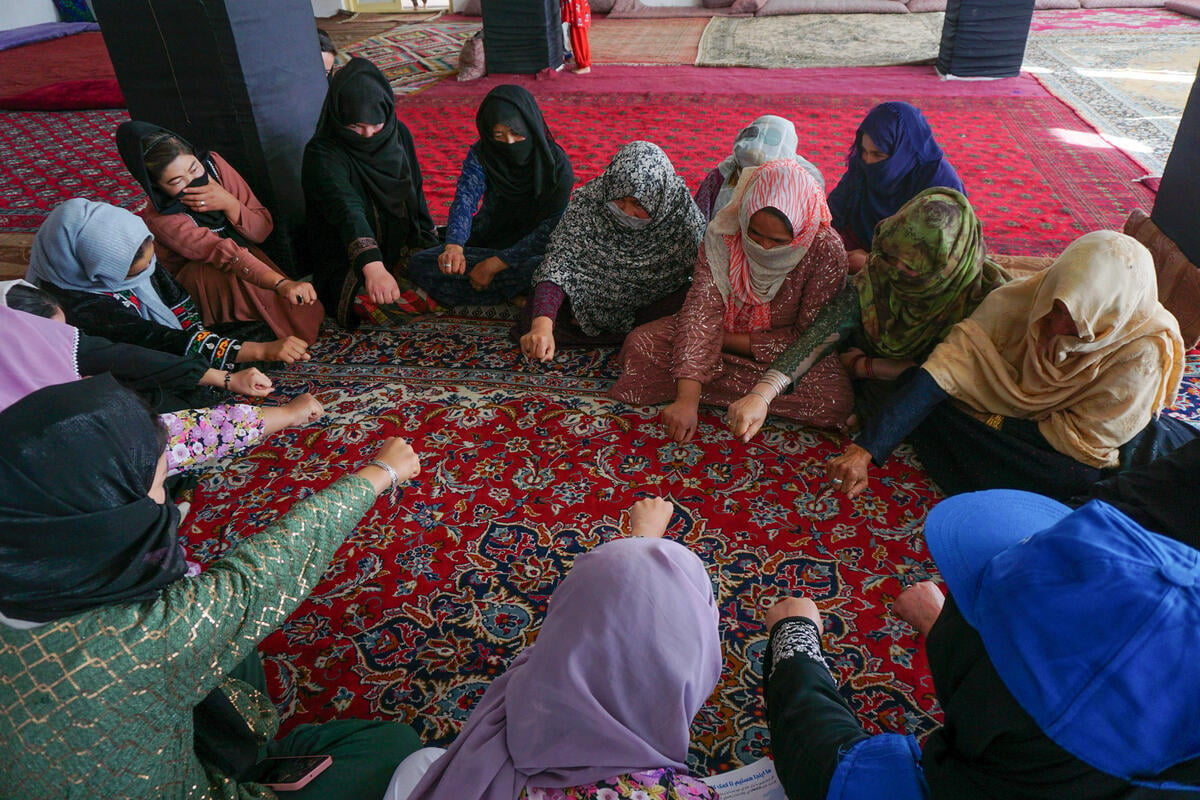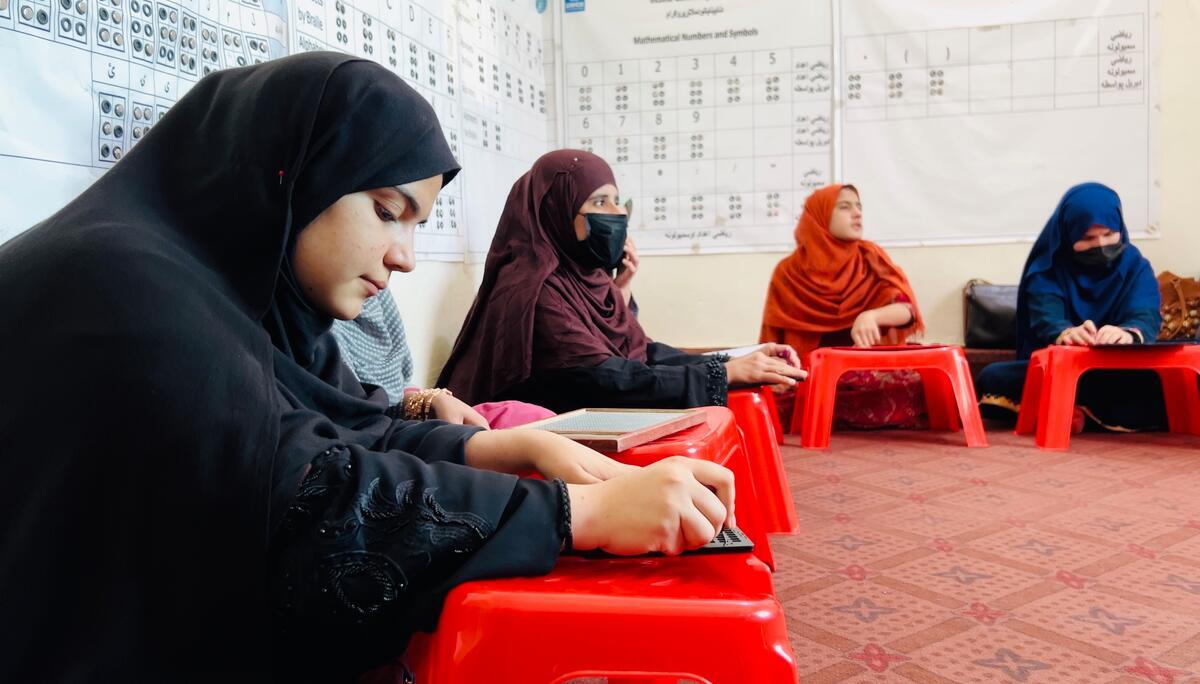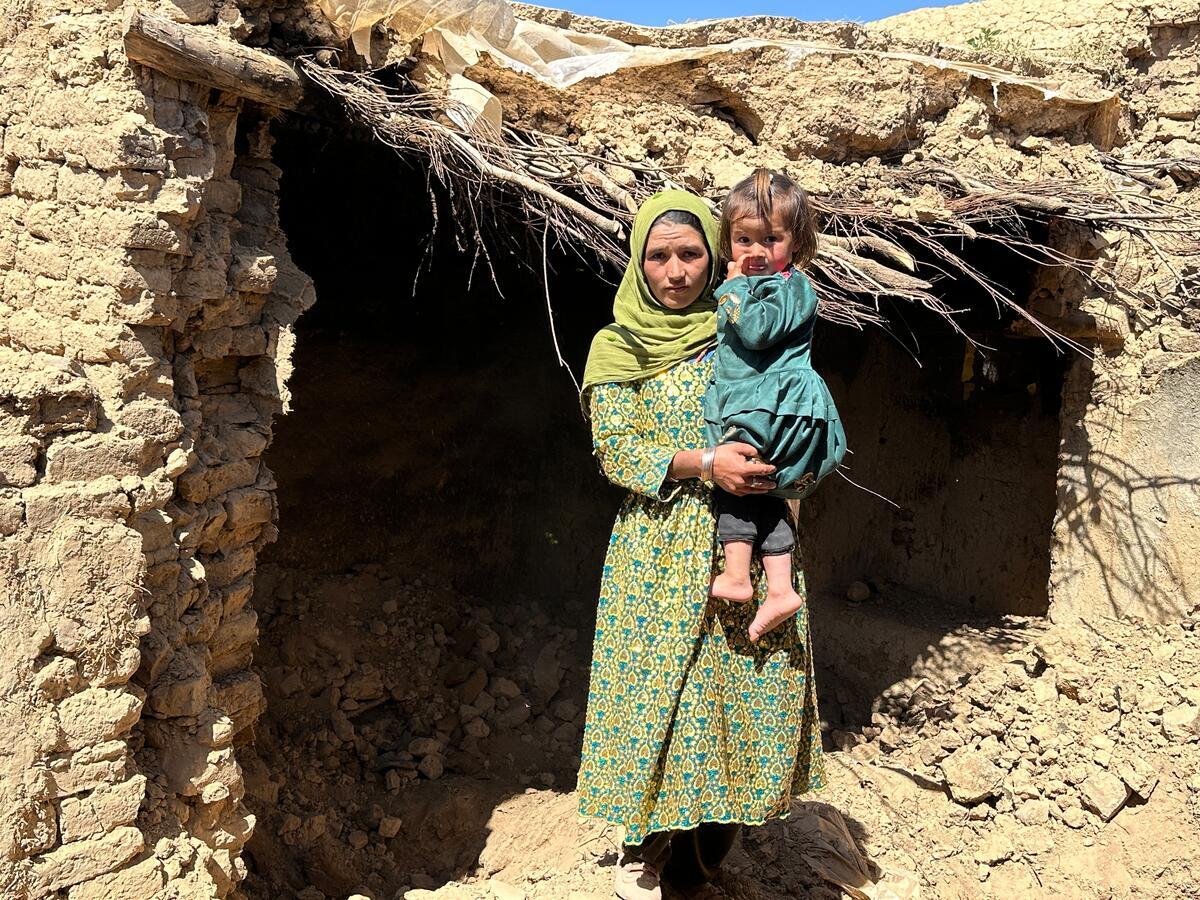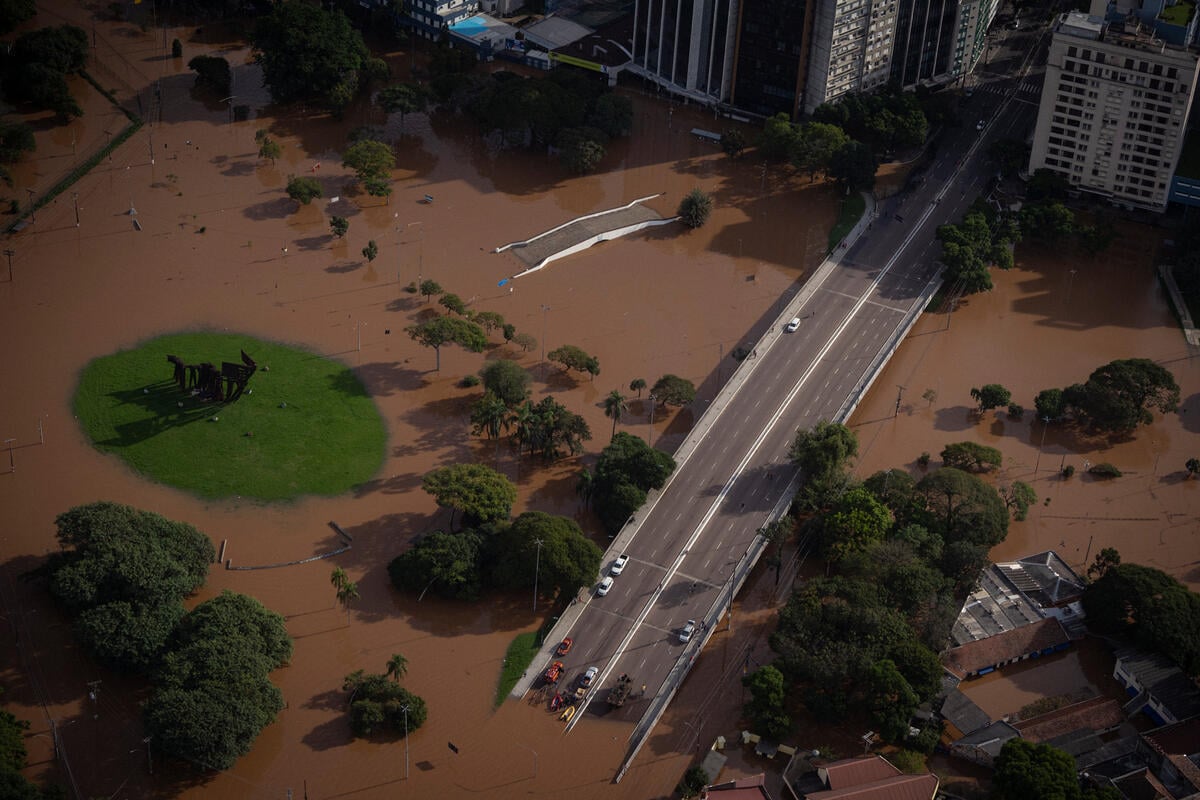Iran to open ten repatriation centres for Afghan refugees
Iran to open ten repatriation centres for Afghan refugees
TEHERAN, Feb. 8 (UNHCR) - With thousands of Afghan refugees continuing to spontaneously return home, the Iranian government is preparing to open ten repatriation centres to register them and is building three special exit points along its border with Afghanistan to facilitate their crossing.
Meanwhile, the Pakistani government and UNHCR plan to survey Afghan refugees living in newly established camps in the country's Baluchistan Province to determine where they want to go and when they may want to return. The refugee agency, however, is not encouraging Afghans to repatriate until the spring, although it plans to distribute assistance packages to those now going home.
The refugee agency maintains that the situation in many parts of Afghanistan remains extremely precarious, and that the war- and drought-ravaged country's capacity to absorb a large-scale influx of returnees is doubtful. The return of Afghans should be phased and voluntary, according to the agency.
The agency expects to help up to 1.2 million Afghans to return home this year from among the 3.5 million refugees now living in Iran and Pakistan and up to several hundred thousand internally displaced persons inside Afghanistan. As part of this project, UNHCR is supporting registration efforts by the International Organization for Migration of displaced people living in the Maslaqh camp near the city of Herat in south-west Afghanistan.
UNHCR monitors at the Torkham crossing point with Pakistan estimate that nearly 15,000 persons returned to Afghanistan through the Khyber Pass in the first six days of February, the vast majority of them men belonging to the Tajik tribe.
Since November, some 170,000 Afghans have returned to their country from Iran and Pakistan, according to the refugee agency. In addition, some 67,000 internally displaced persons returned to their home regions during this period, with most of these going to the capital of Kabul and its surrounding area.









